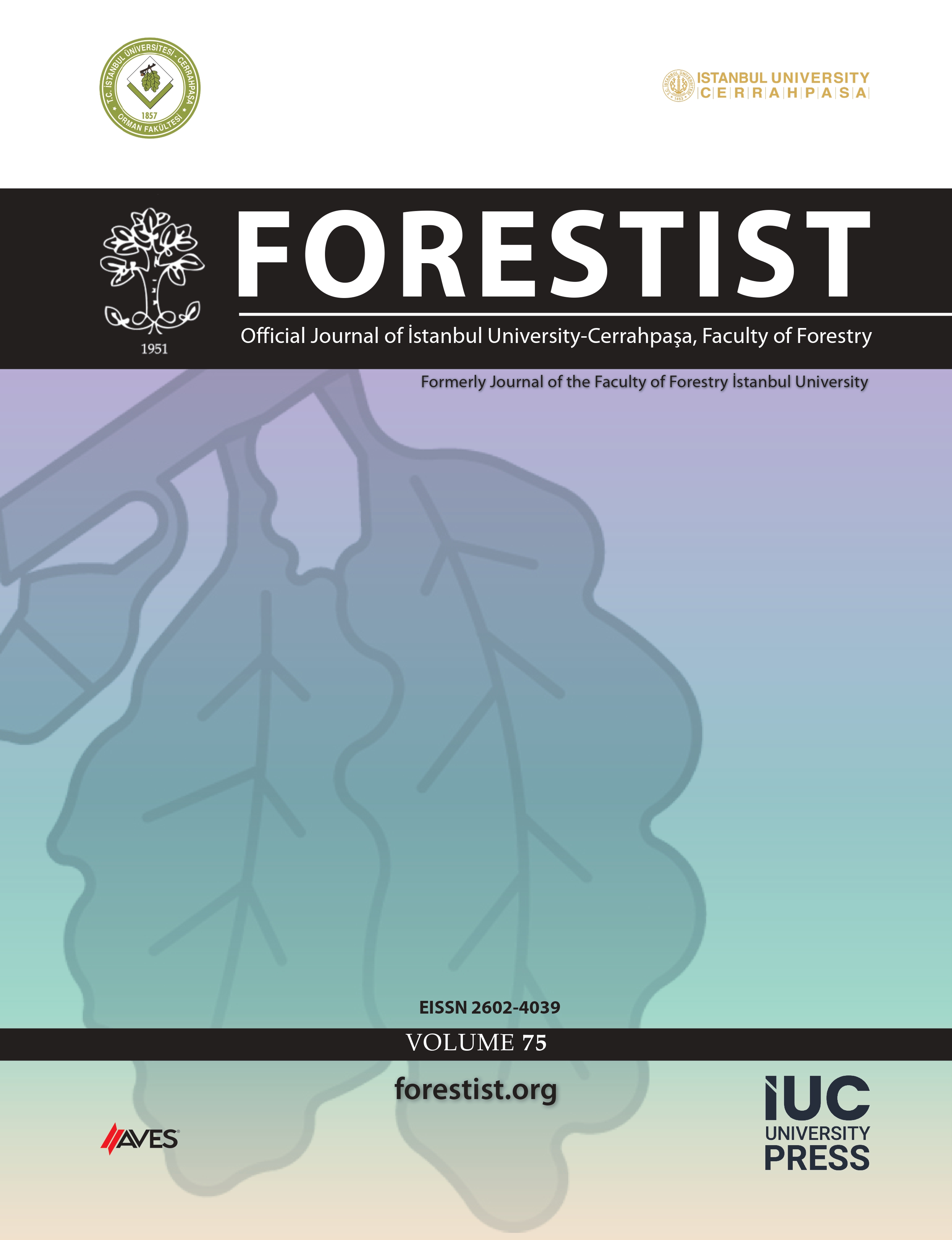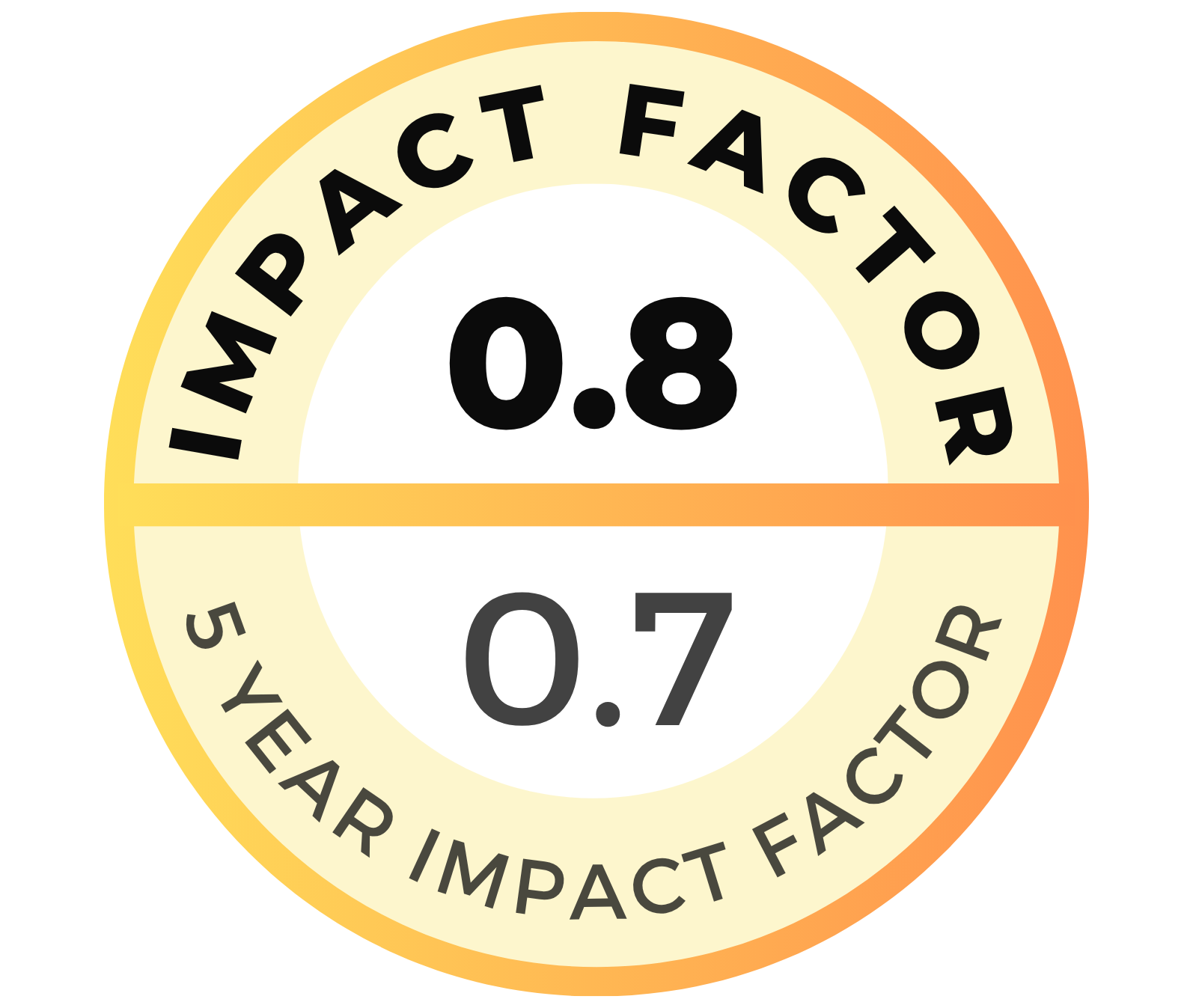The intense pressure resulting from population growth and urbanization along with technology has created the need for utilizing natural areas for tourism and recreational purposes and has necessitated the protection, development, and planning of natural resources for people to benefit from. Due to the importance of determining temporal changes within the framework of the protection-use balance, this study examined the changes occurring within the recreational areas of the Uludağ National Park between the years 1970 and 2010 from human use. As a result of the recreational facilities offered to visitors, an average of 550 000 people benefits annually from the area, which was designated as a national park in 1961. The study included the camping and picnic sites of Sarıalan, Çobankaya, Kirazlıyayla, and Karabelen situated within the park and the ski site of the first development zone. High-resolution satellite images and aerial photographs of the areas at different dates were employed. The temporal changes in the selected areas were analyzed by digital image processing with the help of the geographic information system. Upon examining the impact of the recreational use changes occurring on the land cover, it was revealed that building areas had increased by 15 ha (2.57%), road areas by 21 ha (7.89%), and bare land areas by 67 ha (.53%), while the meadowland areas had decreased by 223 ha (119.37%). The forested areas had increased by 78 ha (48.93%), woodland areas by 79 ha (59.37%) and were not adversely affected, mainly due to the protection status of the park.
Cite this article as: Uzun, S., Çakır, G., Yıldız, O., Aksoy, N., Sargıncı, M., Toprak, B., & Müderrisoğlu, H. (2021). The impact of recreational use on land cover at Uludağ National Park (Turkey). Forestist, 71(3),158–166.




.png)
